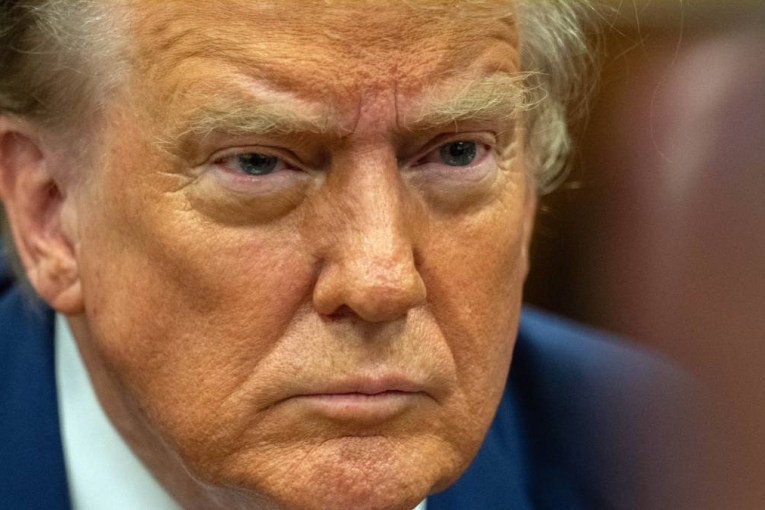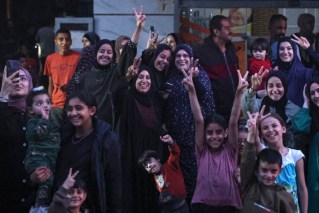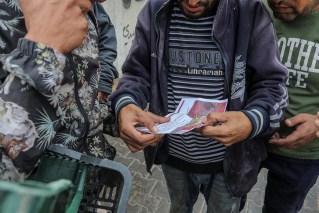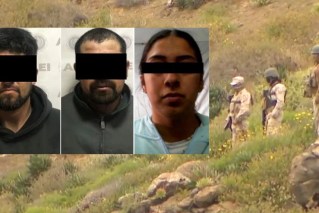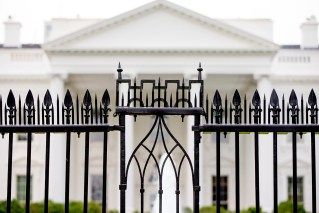Australia reaffirms American alliance but resists push for further exercises in South China Sea
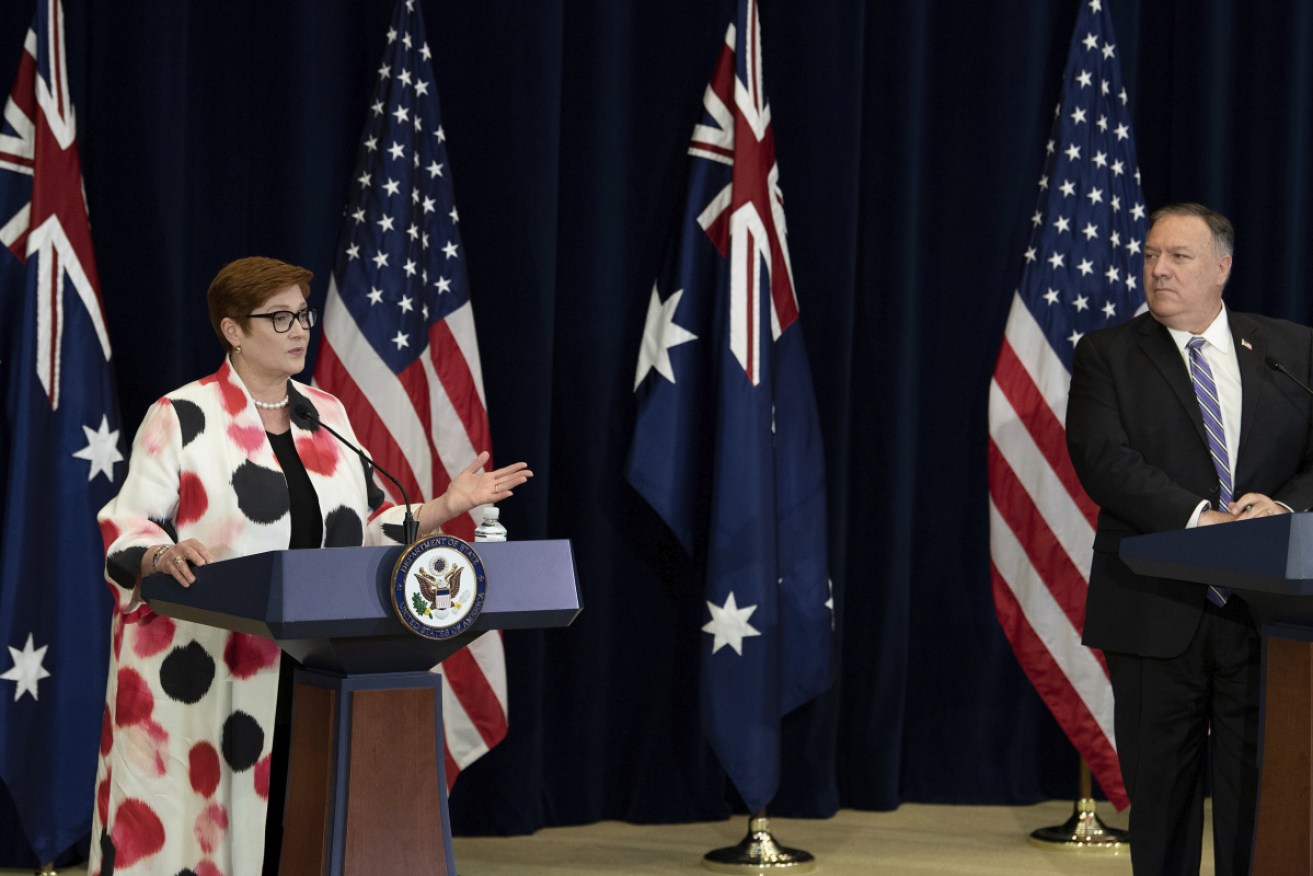
US Secretary of State Mike Pompeo listens while Foreign Minister Marise Payne speaks at the US State Department. Photo: AP
Australia has resisted the United States’ push for more assertive freedom of navigation exercises in the disputed waters in the South China Sea at high-level talks in Washington.
Australia’s Foreign Minister, Marise Payne, and Defence Minister Linda Reynolds flew to the US earlier this week to attend the annual AUSMIN talks with their American counterparts.
The talks focused heavily on China, with both countries condemning Beijing’s crackdown on Hong Kong and vowing to work together to counter state-sponsored disinformation campaigns.
The two countries have signed a new “statement of principles” to further expand defence ties and have also agreed to significantly ramp up health and development cooperation.
But Australia still appears to be resisting a push from the United States to conduct freedom-of-navigation exercises in the South China Sea.
When asked if the United States had pressed Australia to conduct exercises closer to the contested islands and land features controlled by Beijing, Senator Reynolds only said it was a “subject of discussion”.
“Our approach remains consistent, we will continue to transit through the region in accordance with international law,” she said.
Last week, the ABC revealed Australian warships encountered the Chinese Navy while sailing through the region to the Philippine Sea for training exercises with the American and Japanese navies.
Australia has now hardened its position against Beijing’s territorial claims in the disputed South China Sea, labelling the activity illegal in a statement to the United Nations.
Senator Payne stressed that while Australia shared enormous common ground with the US, the two countries were not automatically in lock-step on every subject.
“Most importantly, from our perspective, we make our decisions, our own judgements in the Australian national interest and about upholding our security, our prosperity and our values,” she said.
“Our relationship with China is important and we have no intention of injuring it. But nor do we intend to do things that are contrary to our interests.”
However the two nations both “expressed serious concerns over recent coercive and destabilising actions across the Indo-Pacific” and agreed Beijing’s maritime claims in the South China Sea were “not valid under international law”.
US Secretary of State Mike Pompeo commended Australia for its stance toward China, saying the two countries should work together to reassert the rule of law in the region.
“The United States commends the Morrison Government for standing up for democratic values and the rule of law, despite intense, continued, coercive pressure from the Chinese Communist Party to bow to Beijing’s wishes,” he said.
Fuel reserve to be built in Darwin
The AUSMIN talks also included an agreement to establish a US-funded military fuel reserve in Darwin, which would ensure American machines of war were not left stranded in the region in a situation where supply lines were disrupted.
It is still unclear how much the reserve is expected to cost or when it is expected to be finished.
Currently, Australia houses its fuel reserves in the US, where it is cheaper, but the Federal Government pledged earlier this year to establish a domestic reserve after taking advantage of record low oil prices.
Senator Reynolds said the uncertainty of the coronavirus pandemic meant Australia and the US needed to cooperate now more than ever.
“Today, we are both experiencing a profound change in the geopolitical framework that underpins our security but also prosperity,” she said.
“So, now more than ever, we must put a premium on ensuring the alliance continues to serve both our nations’ interests, and today we have done just that.”
The AUSMIN trip is the first international visit undertaken by anyone in the Government since the coronavirus pandemic began.
Both ministers will spend 14 days in quarantine upon their return.
-ABC
